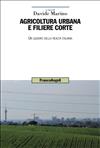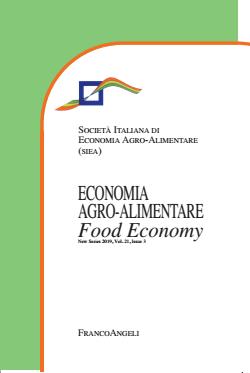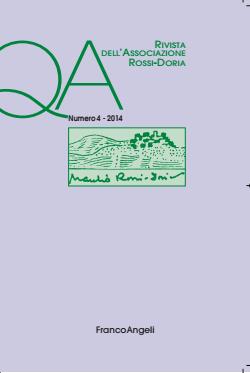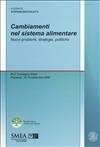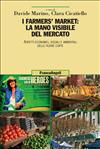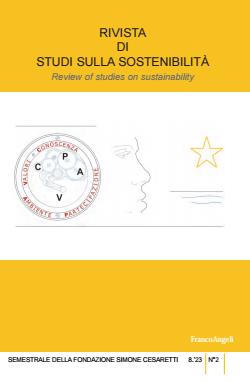
Food waste and obesity are both undesirable consequences of unsustainable food consumption styles. They represent urgent priorities to be addressed as well as hot topics for public debate. In this paper we argue that over-nutrition - the consumption of food beyond that which is necessary - can be regarded as a form of food waste. As such, it deserves attention as it generates the same economic, social and environmental impact as does food waste along the different stages of the food chain. In this study, the quantity of food waste hidden in over-nutrition to create overweight and obese Italians is estimated. By calculating the total excess calories consumed by overweight and obese people, it is possible to calculate the total quantity of excess food consumed by the Italian populace, corresponding to 2.67 trillion kcal per year. By converting this value into food quantity on the basis of a typical Italian diet, it was possible to estimate that 2.28 million tons of food is wasted annually. This figure is comparable to the quantity of food waste generated at the household level, as estimated by previous research quantifying food waste, thus confirming that policies focused on the promotion of sustainable consumption styles are crucial to address both the challenges of food waste and unhealthy food styles.
